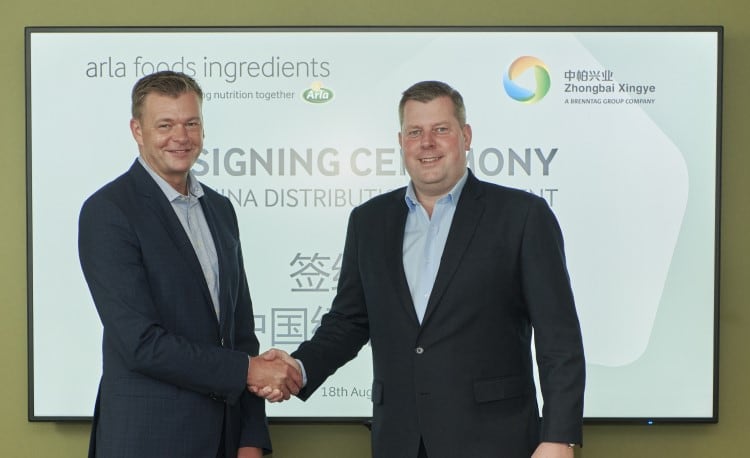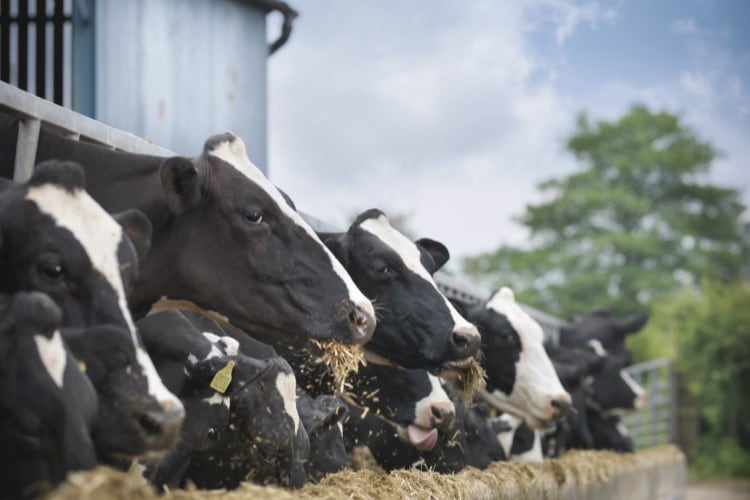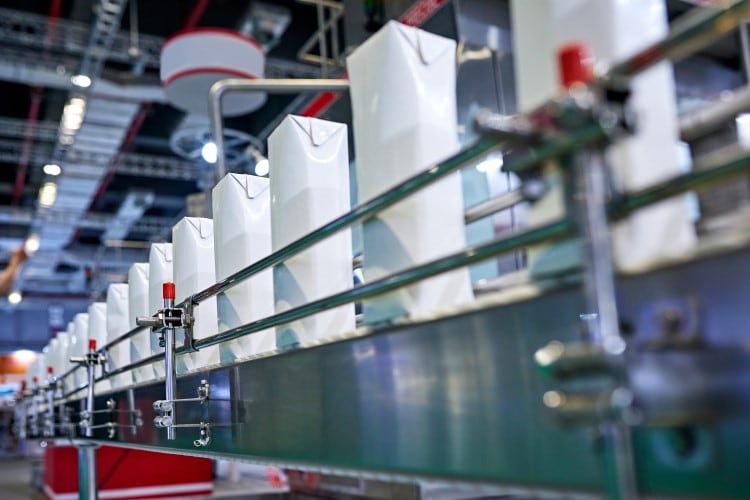The focus of the agreement, which is effective immediately, will cover three key segments – infant nutrition, performance nutrition and food and beverage. The collaboration also includes a jointly-funded R&D hub in Zhongbai’s Beijing facility, where formulations tailored to local market needs are developed; this hub will be expanded with additional application-specific capabilities.
Speaking to DairyReporter, Arla Foods Ingredients’ regional marketing manager Asia, Shu Chen said the company is confident that the agreement ‘will help spur further innovation’. “There’s no doubt that our partnership with Zhongbai – with its wealth of expertise and local knowledge – has been central to our success in China over the past 15 years,” Chen said. “Zhongbai has a great team of talented food professionals who have collaborated closely with Arla Foods Ingredients to provide technical support to customers and help them tailor solutions according to their needs.”
Within food and beverage, Arla is eyeing opportunities in the bakery and beverage space. Asked to elaborate on this, Chen explained that there are opportunities in the fortification space, where Arla’s range of proteins could play a part. “One of the reasons this new agreement is exciting is that we offer so many great solutions for growing categories in the region,” Chen said. “For example, demand for drinking yogurts has risen hugely in China in recent years, and many producers are choosing protein enrichment to make their brands stand out. Our Nutrilac solutions (100% natural whey protein) helps them make protein-enriched drinking yoghurts without compromising on taste and texture.”
The same range has applications in the baked goods segment, which has also expanded in China in recent years according to Chen.
Regulatory changes, such as China’s decision to allow whey permeate imports, are also viewed as positive by Arla. “This decision has opened up a lot of potential in the beverage and bakery spaces, because permeate can be an excellent milk-solid solution in both categories,” Chen added.
Premium early life nutrition is another key segment here, Chen stating that Chinese parents’ increased knowledge on specialist infant nutrition ingredients being a driver for the premium category. “Research has shown that Chinese parents stand out as particularly knowledgeable when it comes to ingredients for infant nutrition,” Chen said. “This is true for basic ingredients such as lactose and milk fat, but also specialized whey components. For example 57% of Chinese parents are familiar with Alpha-lactalbumin, compared to the global average of 28%.”
Not only do they know about specific ingredients – Chinese parents also prefer these to be present in the nutrition products they buy for their children – Arla found that when asked if they would prefer an infant formula product with alpha-lactalbumin, 58% agreed compared to a global average of 40%. “The same tendency can be observed for similar ingredients, such as whey protein hydrolysates, osteopontin and milk fat globule membrane,” she explained.
The premium segment is attractive for ingredient makers thanks to demand from consumers, according to Chen. “Chinese mothers want and expect to find specialized ingredients in infant formula,” she said, adding that alpha-lactalbumin, whey protein hydrolysates, milk fat globule membrane and osteopontin were some examples of specialized ingredients parents were looking for.
Shoppers are also happy to pay for premium products, according to the company, with eight in 10 Chinese mothers stating they would be willing to pay extra for organic infant formula – significantly higher than the global average of 60%. Demand for organic has also increased compared to 2019, when the company found that 73% of consumers would buy more organic products if those were more widely available. Today, 81% of Chinese consumers see organic as an important feature influencing their purchasing decisions, compared to the global average of 64%.
Commenting on the distribution agreement, Luis Cubel, commercial director of Arla Foods Ingredients, said: “Demographic changes in China have increased the demand for high-quality products, particularly in the infant nutrition and performance nutrition spaces. This agreement will help us adapt, and make our offering to Chinese markets even stronger. Zhongbai offers a wealth of expertise and local knowledge and over the past 15 years it’s been an incredibly productive partnership for both companies. We’re hugely excited about this new opportunity to co-operate even further, and to continue to invest in one of the world’s most important nutrition markets.”
Michael Friede, CEO of Brenntag Specialties (of which Zhongbai forms part), added: “This is an agreement that builds on some very solid foundations. We have a great working relationship with Arla Foods Ingredients, whose expertise, capacity and understanding of market needs has helped both companies grow in China. There’s still potential for major expansion, particularly in key segments like performance nutrition. We’re looking forward to working together to take the opportunities that lie ahead as two market leaders are joining hands for future growth in a highly attractive specialties market.”




